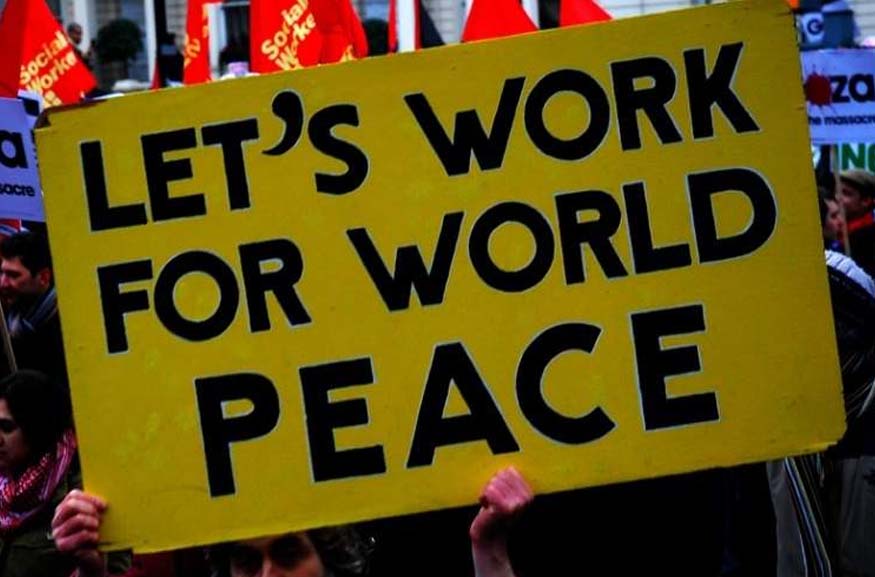Lives in the Peace Movement
John Scales Avery
John Scales Avery
The Eqbal Ahmad Centre for Public Education (EACPE) seeks to foster the use of science and reason to understand nature and society and so better enable all citizens of Pakistan to participate fully in the political, social, economic, and cultural life of their society; to exercise their democratic rights and responsibilities; to value human rights, democracy and the rule of law; to promote cultural and religious diversity; to raise awareness of global issues and the natural environment; and to advance the goals of international peace and justice.
EACPE is named to honour the life and work of distinguished Pakistani academic, activist, and public intellectual, Dr. Eqbal Ahmad.
“The EACPE record is very impressive, and hopeful — a rarity these days. About the webpage (design), I don’t have anything useful to say. Have little experience that’s relevant. To me personally, the range and choice of topics is appealing and impressive. I can’t think of any useful way to improve it.”
— Noam
(Received on 5th May, 2017. As a member of the EACPE board, Professor Noam Chomsky was asked to suggest how to improve our main page)


